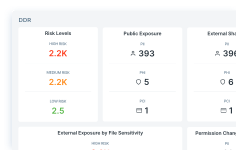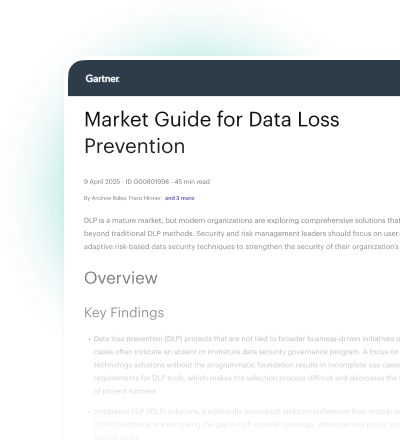What is Cognitive Science?
Cognitive science is the study of how the mind works, functions, and behaves.

Cognitive Science Explained
As a scientific field of study, cognitive science requires applying multiple existing disciplines such as philosophy, neuroscience, or artificial intelligence in order to understand how the brain makes a decision or performs a task. Cognitive science seeks to understand intelligence and behavior which can help humans in many ways such as developing educational programs or building smarter devices.
Cognitive Science: A Brief History
Since the beginning of time, man has tried to understand his own mind. Some of the earliest writers spoke of the wonder of thought and the foolishness and wisdom that mankind is capable of, often in equal measure. Aristotle, one of the early Greek philosophers, spoke of the brain and its many functions and in particular, human knowledge.
It wasn't until the 1800s, however, that the science of psychology really began to develop and in particular the field of experimental psychology. It was at this time that scientists adopted the theory of behaviorism; an idea that certain behaviors were programmed and would occur as a biological reaction to stimuli. In 1879, Wilhelm Wundt founded his psychology laboratory. A short while later, Sigmund Freud carried out a series of case studies to support his theories and ideas.
In the 1950s, the Cognitive Revolution began when a number of researchers from different fields started to develop mind-based theories based on computational procedures and complex representations (Miller, Broadbent, Chomsky, Newell, Shaw, Simon). In the 1960s, cognitive psychology became predominant (Tulving, Sperling), and since the 1970s, more than sixty universities in Europe and North America have established cognitive science programs.
Cognitive Science Theories
There are many cognitive science theories that represent how the mind works. These include:
- Formal logic
- Rules
- Concepts
- Analogies
- Images
- Connectionism
- Theoretical neuroscience
- Bayesian
- Deep learning
These theories all have an explanation pattern. For example, in the case of concepts, people have a set of concepts that establish part and kind hierarchies and other associations.
Cognitive Science Methods
Cognitive scientists today will often engage in computational modeling and theorizing in their quest to understand the mind and intelligence. This will usually involve experimentation with willing human subjects. For example, undergraduates will often take part in laboratory experiments involving different types of thinking that are studied under controlled conditions.
These experiments often involve deductive reasoning where subjects need to form and apply ideas to a range of different problems. One famous cognitive experiment is known as the Stroop test. Participants are shown words on the screen in a range of different colors and say what the color of the word is. The problem is that the test is designed to confuse the brain, so the word 'red' may actually be displayed in a yellow font. These tests are designed to measure logical thought and also assess how quickly the brain suffers stress when it gets an answer wrong.
What's Next For Cognitive Research?
Cognitive science was born out of our desire to understand who we are, why we think and how we behave. As we find out more about neural pathways, responses to stimuli and conditions, and dabble with technologies such as artificial intelligence, cognitive science becomes so much more than a way to understand the meaning of life. Thanks to advances in cognitive experimentation techniques and technology, scientists are getting closer to discovering breakthroughs that could cure debilitating diseases such as Parkinson's Disease and designing computer algorithms that can mimic brain function and eliminate the need for human participants.
Related
Thinking About Thinking: Exploring Bias in Cybersecurity with Insights from Cognitive Science
Read the ReportForcepoint UEBA Video
Watch the VideoForcepoint Behavioral Analytics Datasheet
View the Datasheet








